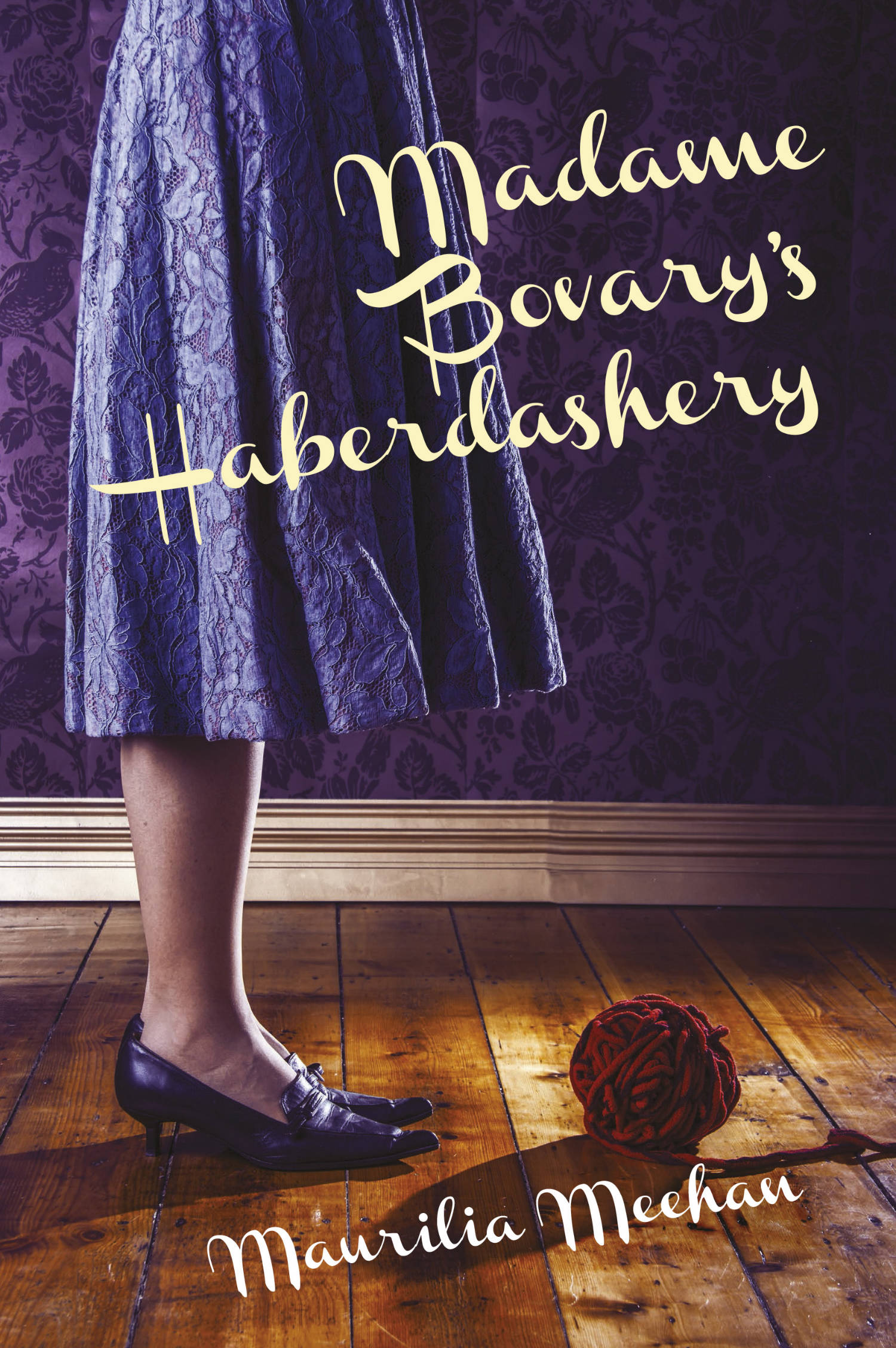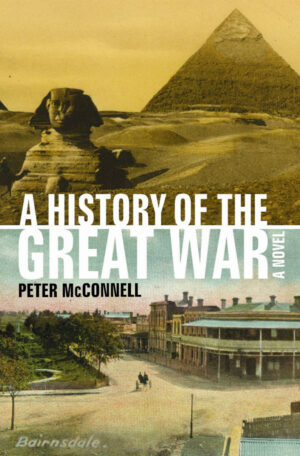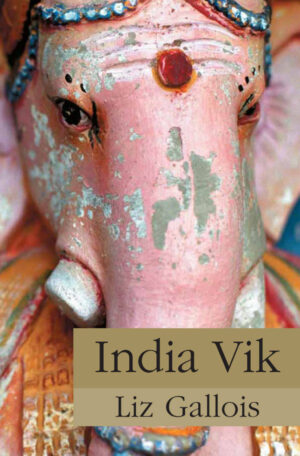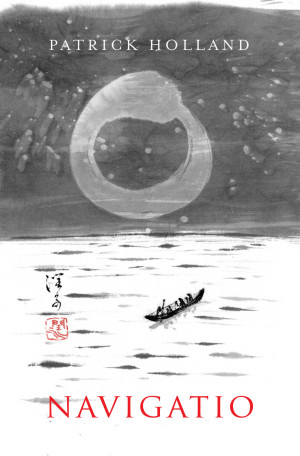Strangely, or perhaps not so strangely, the writer I thought of most often in this book so intricately woven with writing and writers was Barbara Pym, one of the great (and criminally underrated) writers of mid-20th century Britain. Maurilia shares Pym’s mordantly ironic vision and her gift for sly satire, even if she eschews the conventions of the realist novel. But I think it runs deeper than that: there’s a gift for detail, an observational accuracy, that infuses even the least likeable and most absurd of these characters with a sympathetic life. I’m tempted to call it compassion. You’ll have to read this wonderful book and discover it for yourself. You won’t regret it.
Alison Croggon , Readings Launch , 11 April 2013
With her fifth novel, Maurilia Meehan has carved out a subversive niche of chick-lit mystery. Madame Bovary’s Haberdashery is an amusing romp for the thinking woman, with references to Flaubert, Milan Kundera, and Agatha Christie. The decidedly feminist viewpoint is tempered by a mordant use of irony and satire.
Carol Middleton, Australian Book Review April 2013
Maurilia Meehan deftly pays homage to Agatha Christie and Gustave Flaubert, while creating her own delightful tale sure to satisfy lovers of noir, passion, and a great mystery. When the reclusive knitter and erotic novelist Celia leaves the room, she leaves behind her “a trail of unraveling wool”. What she doesn’t anticipate is becoming part of a brief ménage à trois with best friend Odette, and their new housemate Zac (an amateur translator of Flaubert), a liaison that suddenly becomes far more complicated. When Odette disappears from her new apartment, Celia, an Agatha Christie devotee, finds herself playing her previously imagined role of detective, charged with unraveling a murder mystery as entwined and colourful as her “increasingly bizarre crochet work”. Following a trail of tarot cards variously connected to Odette’s multifarious love interests, Celia not only questions her own objectivity in pursuing the case; she encounters the delightful Miss Ball (a character fictionalised in her own novel as Flaubert’s Emma Bovary) and her haberdashery. Meehan delightfully subverts the ending of Flaubert’s classic tale, and elegantly integrates it into the developing mystery. Unable to confine her enquiry to five suspects, Celia must draw upon Miss Marple’s skill in abstract logic, the answer revealing itself when she knits together the much-needed resolution.
Fiona O’Brien, Melbourne Review March 2013
Her stories have been likened to Angela Carter’s wild and wickedly magical fairytales and author Maurilia Meehan playfully delights that her previous novel Adultery holds glory as one of the most stolen books from libraries. In this, Meehan’s bawdy, Bacchanalian passion-cum-mystery novel noir, forty-something Zac has spent seven years on the definitive translation of Madame Bovary by Gustave Flaubert. Well-read girlfriend (and sexy steam ironer) Erica has split and their love-making days to a Bolero soundtrack are over. Yet Flaubertian-moustached Zac cannot believe his luck when dream-goddess, ceramicist Odette, plucks him from the street one night. In truth, she fell for his eyes, “The exact shade of azure she had recently failed to achieve in her last batch of glaze.” Yet Odette comes as a couple, with best friend Cicely, writer or erotica and knitter of cloche hats. One night, Cicely looms up in the four-poster alongside Zac, but the brief manage ‘a trois’ is marred by jealousy. When Odette, whom Zac is rehearsing as a target girl for a dagger-throwing show, disappears, Cicely channels fictional sleuth Miss Marple for detecting tips. Turbans and tarot cards at dawn. Decadently delicious. Australian
Women’s Weekly September 2013






